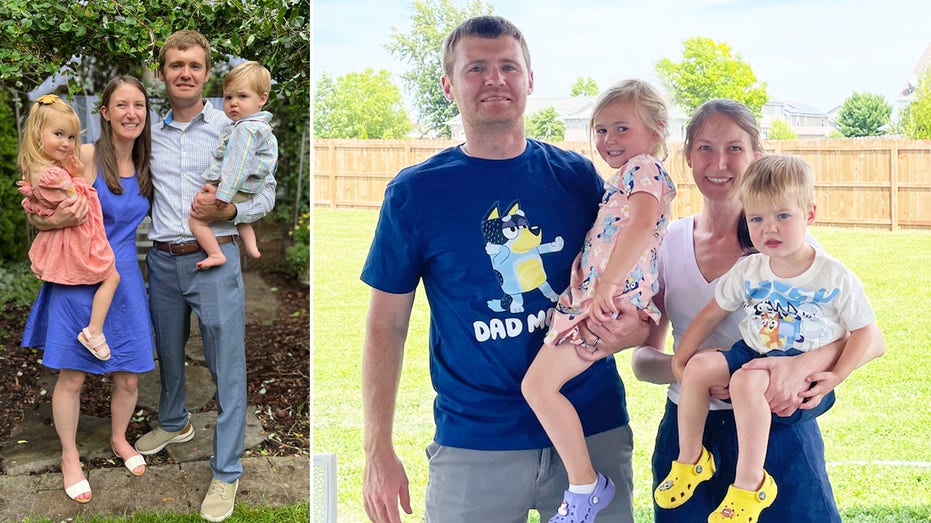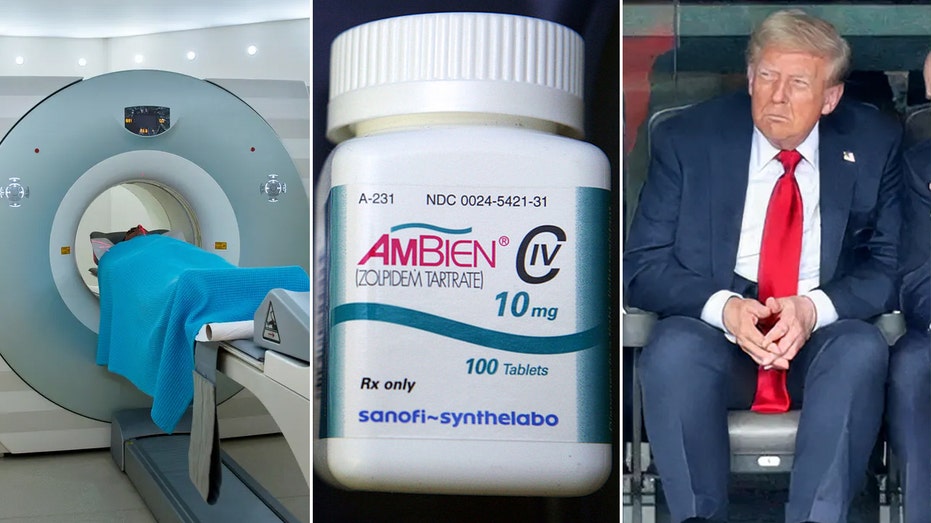Toddler’s Cardiac Arrest Sparks Life-Saving Action and Rare Diagnosis

Sarah Johnson
May 30, 2025
Brief
A toddler’s sudden cardiac arrest reveals rare Brugada syndrome, saved by quick CPR and a groundbreaking heart device.
Imagine tucking your toddler into bed, expecting sweet dreams and maybe a few snores, only to be jolted awake by a scream that pierces the night. That’s the heart-stopping reality the Thomas family faced when their 2-year-old son suffered a sudden cardiac arrest in their Illinois home.
It started with a cry so chilling, Stephanie and Kris Thomas thought it was a night terror. But when their son’s screams turned to silence and his breathing faded, Stephanie, a clinical dietitian, sprang into action. “I felt for a pulse and started CPR,” she said, her voice steady but her heart racing with fear for her seemingly healthy child.
Emergency responders rushed the boy to OSF HealthCare Children’s Hospital of Illinois, where, after 11 days of tests, doctors diagnosed him with Brugada syndrome, a rare heart condition that can trigger sudden cardiac arrest. Often silent until it strikes, the condition had shown subtle signs a month earlier—an episode the family mistook for a bad dream.
The hospital made history by implanting an extravascular implantable cardioverter-defibrillator (EV-ICD) in the toddler, the youngest patient to receive this device. Positioned outside the heart’s blood vessels, it detects and corrects dangerous rhythms, delivering life-saving shocks when needed. Since then, the boy has been hospitalized six more times, each shock a reminder of his fragile condition.
“He’s healthy 99% of the time,” Stephanie shared, “but a fever or even a cold can trigger an arrhythmia.” The family now navigates a delicate balance, managing medications every six hours and avoiding triggers, all while raising an active toddler and his 4-year-old sibling. The emotional toll is heavy—especially when their son associates his beloved “elephant blankie” with the shocks.
Stephanie’s CPR training, honed over a decade, proved to be a lifeline. “I thought I’d never need it,” she admitted, urging others to learn the skill and stay vigilant for warning signs. The Thomases are now advocates for preparedness, emphasizing the power of quick action in the face of the unexpected.
Topics
Editor's Comments
Here’s a toddler teaching us grown-ups a lesson in resilience—his heart may skip a beat, but his spirit doesn’t. Why did the EV-ICD go to preschool? To keep the rhythm in check!
Like this article? Share it with your friends!
If you find this article interesting, feel free to share it with your friends!
Thank you for your support! Sharing is the greatest encouragement for us.



